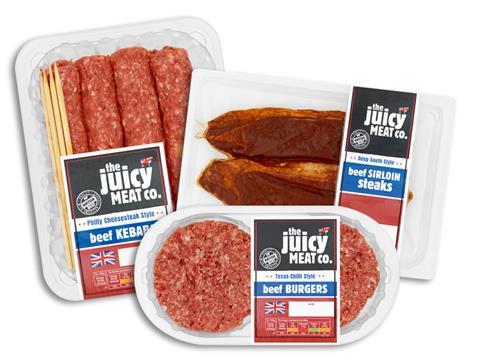
Meat producers should ‘tell compelling product stories’, and consider the potential of launching brands in order to retain and engage consumers in the category, a new report by the AHDB has suggested.
‘Heritage and values have often been forgotten in the race to be low-cost,’ it warned in its new report ‘The rise of plant-based food products and implications for meat and dairy’.
The meat market looked to be approaching fragmentation into premium, high welfare meat and low cost, said senior consumer insights analyst and report author Susie Stannard, who cited the launch of upmarket brands such as Dovecote Park’s Juicy Meat Co range and Dalehead Foods’ The Honest Butcher as examples.
With an increased spotlight on welfare, the AHDB suggested there was an opportunity to produce less meat but at a higher quality, following the example set by US meat giant Tyson Foods’ investment in organic poultry facilities.
The report also encouraged the meat sector to get ahead of the curve in raising welfare standards ahead of amendments to legislation and recognise the danger posed by negative publicity generated by poor welfare practices.
It highlighted investment in more ethical methods of production and reduced environmental impact as factors in maintaining consumer trust. It also emphasised the opportunity for both farmers and processors to extend their reach into the plant-based sector.
Flexitarianism
Producers should also increase convenience offers of sous vide and marinated meat products to stay relevant amid the rise of vegan alternatives, while farmers and processors should seek opportunities to diversify into plant-based, the AHDB report argued.
But there was no immediate cause for concern among meat producers from the rise of plant-based meat alternatives, Stannard stressed. Indeed, the red meat market is in value growth, though beef and pork have seen volume sales dip slightly [Kantar Worldpanel 52 w/e 25 March 2018].
The rise of veganism had been overstated, the report suggested. Just 0.2% of consumers permanently left the meat, fish and poultry category in 2017, according to Kantar Worldpanel. Instead, the rise in meat and dairy alternatives has been driven by flexitarian meat eaters seeking change, with the group accounting for 49% of meat alternative consumption occasions.
It comes as restaurant guide More Than Carrots published findings that 28% of Brits identified themselves as ‘meat reducers’, based on a study of 2002 UK adults. Of those, 73% told the Censuswide survey they avoided restaurants based on inadequate meat-free options. More than a quarter of meat reducers said they were cutting down on meat to reduce their carbon footprint, while a further 15% said they wanted to help reduce deforestation.










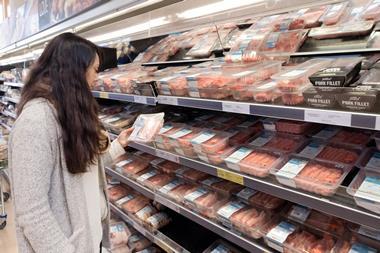

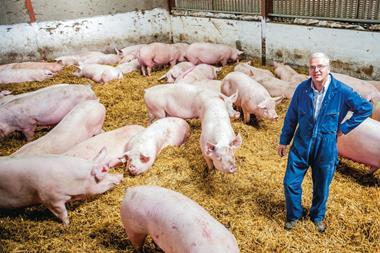


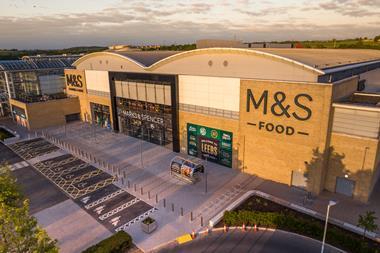

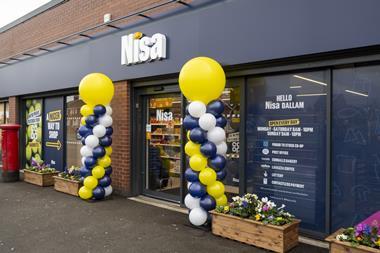

No comments yet